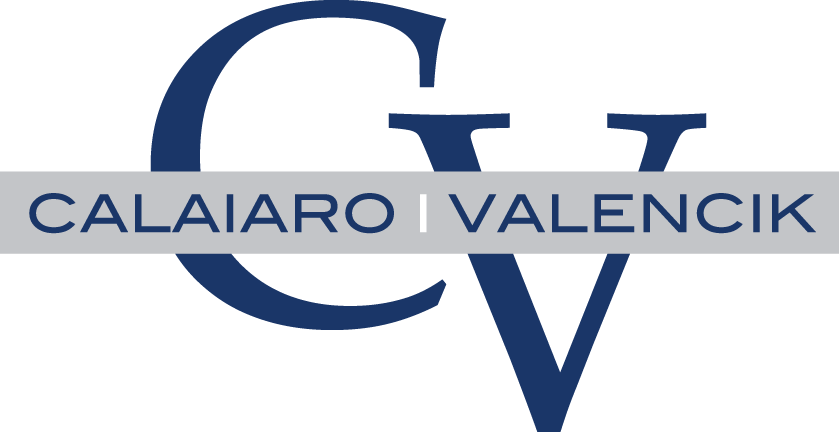Chapter 12 Discharge
Upon successful completion of all payments under a Chapter 12 plan, the debtor will receive a “discharge,” which extinguishes the debtor’s obligation to pay any unsecured debts that were included in the plan, even though they may not have been paid in full. After the discharge has been granted, those creditors whose claims were provided for in full or in part under the plan may no longer initiate or continue any legal or other action against the debtor to collect the discharged obligations.
Certain categories of debts are not discharged in Chapter 12 proceedings. Those categories include debts for alimony and child support, money obtained through filing false financial statements, debts for willful and malicious injury to person or property, debts for death or personal injury caused by the debtor’s operation of a motor vehicle while the debtor was intoxicated, debts from fraud or defalcation while acting in a fiduciary capacity, debts from embezzlement or debts from larceny.
The discharge is more limited in Chapter 12 than it is in a Chapter 13 case. Those debts that will not be discharged should be paid in full under a plan. With respect to secured obligations, those debts may be paid beyond the end of the plan payment period and are not discharged.
In cases under Chapter 12, the court grants the discharge as soon as practicable after the debtor completes all payments under the plan. Since a Chapter 12 plan may provide for payments to be made over three to five years, the discharge typically occurs about four years after the date of filing the petition.
